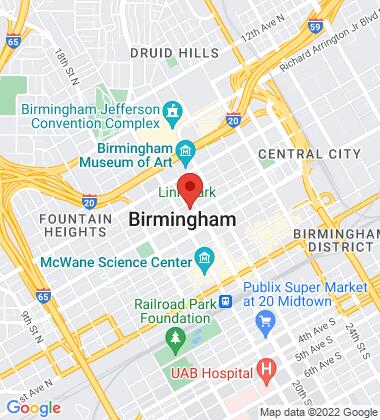You have probably heard the term “Miranda Rights” in conversation about arrests, or even police dramas, before. But if you are like most people, you might not actually know the long and short of your Miranda Rights, and how important they are to uphold during a DUI arrest. Whenever a person is placed into police custody, an officer is supposed to read them their Miranda Rights then and there.
The most commonly used version of the Miranda Rights is as follows:
“You have the right to remain silent. If you give up the right to remain silent, anything you say can and will be used against you in a court of law. You have the right to an attorney. If you desire an attorney and cannot afford one, an attorney will be obtained for you before police questioning.”
In summation, the Miranda Rights are just a quick review and reminder of a person’s Fifth and Sixth Amendment rights. Since most people are not well-read on the Bill of Rights, police officers must provide them with this summation immediately after arrest, or else evidence collected thereafter could be deemed inadmissible.
Your Miranda Rights in a DUI Arrest
The United States Supreme Court has consistently backed up the importance and necessity of a person’s Miranda Rights during an arrest. Yet there are innumerable stories of highway patrol officers “forgetting” to state the Miranda Rights during a DUI arrest. Or, some police officers try to get as much information out of a DUI suspect as possible, knowing that even slight intoxication can make a person prone to talking, before placing them under arrest as an attempt to sidestep Miranda Right requirements.
When you are stopped for a DUI, try to remember the keynotes of your Miranda Rights in case the police are trying to pry for information:
- Refusing to speak before being placed under arrest could be construed as an unspoken admission of guilt by the prosecution later. If you do not want to talk to the police when pulled over, say something like, “I’ve been told by my lawyers to never give statements without them being there as well.”
- You can invoke your Miranda Rights at any time after you are arrested. If you start talking to police without realizing you are jeopardizing your own defense, you can state, “I would like to now use my Miranda Rights and wait for my attorney before any further questioning.” That is to say, once you start speaking with investigators, you are not obligated to continue to do so.
- Leading or loaded questions are usually a clear indicator that the officer is trying to get you to admit to drunk driving. Listen for questions like “How much have you had to drink tonight?” or “How drunk are you?” or “Have you had too much to drink?” No matter what you answer to questions of this design, you are going to sound more guilty than innocent, even if you are entirely sober. It might be best to refer to tip 1 again and mention that your lawyers do not suggest you speak to an officer without them present.
If you need to protect yourself from self-incrimination, wrongful arrests, and other consequences of a DUI in Alabama, you will want to rely on Tidwell Law Group, LLC. Our Birmingham DUI attorney has focused much of his 10+ years of legal experience exclusively on DUI defense cases. Tell us what is going on during an initial consultation – just use an online contact form or dial 205.536.7770 today.

